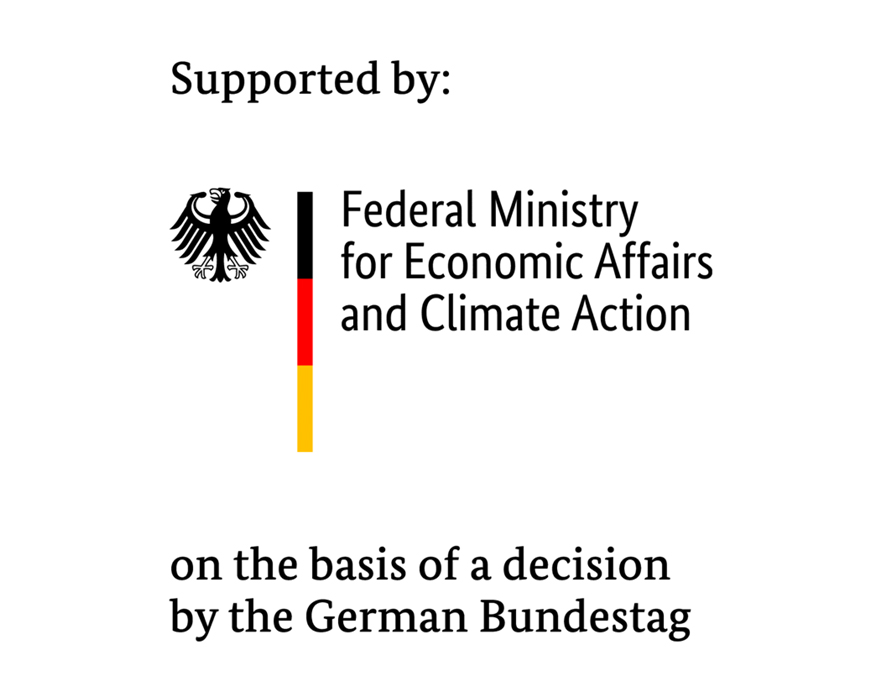At a glance
- To date, analyses of climate model data have focused primarily on changes in temperature and rainfall as well as extreme values. Yet climate change can also affect the wind potential.
- For the yield assessment of wind farm projects and thus for their economic viability, these uncertainties are currently taken into account applying a highly simplified approach based on historical data.
- In the KliWiSt research project, the project partners are analyzing climatic changes of the wind potential for the coming 50 years as well as their potential consequences for wind farm yields based on climate projections. In doing so, they are developing recommendations for action for future site assessments.
The challenge
Yield assessments play a central role in the planning phase of wind farms. They serve to forecast the wind conditions at the planned site and, by taking various uncertainties into account, calculate the expected energy yields and their confidence intervals. Historical wind model data and measurement data are used for the most part and projected into the future.
However, historical data could become less informative and reliable in the future. The global average temperature has already increased by around 1°C and is set to climb further still. As a result, wind conditions could change at least locally. At present, climate model data is analyzed and optimized with a greater focus on a correct temperature representation than on wind conditions. Moreover, data analyses from climate model projections often do not start until after 2050. Yet wind direction and strength may change even before then. In yield assessments for wind farms, these considerations have thus by far played a role at most through altered uncertainty estimates, although the operating phase of currently planned wind farms will often extend beyond the year 2050.
The solution
This is where the KliWiSt research project comes in. The project partners are analyzing historical climate changes as well as projected climate changes in wind in the near future (focus: +/- 50 years) together with their influence on wind farm yields and integrating these into the industrial context of site assessment. The main focus here is on wind potential. In addition, other yield-relevant aspects, e.g., the impact on the flight conditions of bats as a result of climate change as well as the risk of icing, will also be compiled and analyzed. These results will be used as the basis for calculating new uncertainties for wind yield and arriving at recommendations for action.
The added value
In their subproject, the project coordinating Fraunhofer IWES is responsible, among other things, for assessing current assumptions on climate variability in the site assessment and for compiling and reviewing future influencing factors. The final result is an approach to calculating uncertainties in line with common site assessment standards that takes into account recent findings from climate change research.
